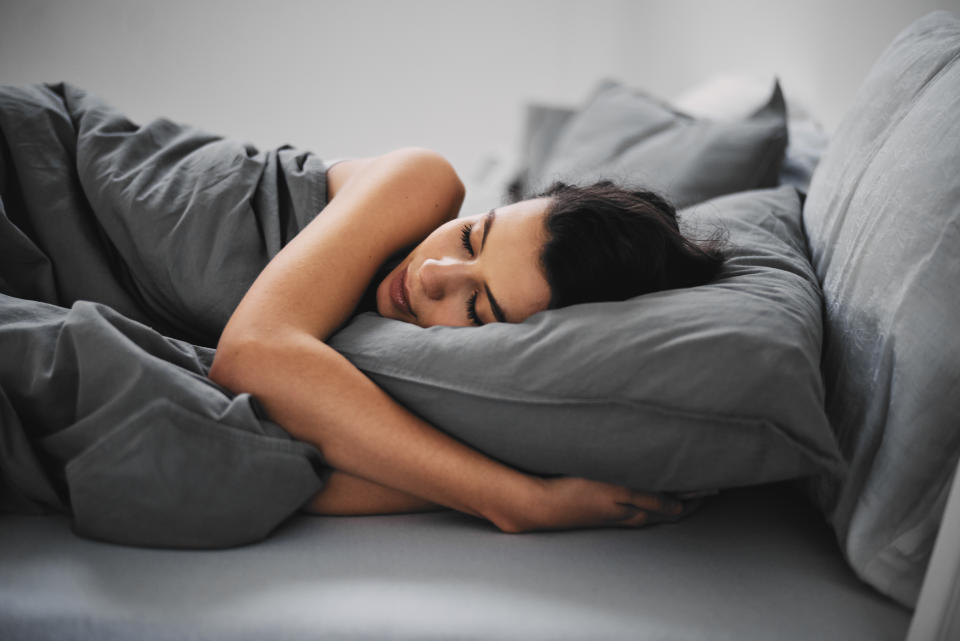What losing just one hour of sleep does to your body
![We all have nights when we’re not getting enough kip – but what’s it doing to us? [Photo: Getty]](https://s.yimg.com/ny/api/res/1.2/pH5yH8pN6uoUCFPCFhZEiQ--/YXBwaWQ9aGlnaGxhbmRlcjt3PTEyNDI7aD04Mjg-/https://media.zenfs.com/en/homerun/feed_manager_auto_publish_494/d98a9d672120b88f622688432efdd2d1)
Words by Kristine Tarbert.
We all have nights where we don’t get as much sleep as we would like. But missing out on even an hour can impact our health. While an hour may not really seem like a long time, 60 minutes of lost sleep can actually have quite an affect on your body.
Research has shown that losing an hour of sleep may cause increased appetite – something like 200 more calories the day after the change kicks in – as well as reduced exercise endurance and decreased productivity.
That’s something that social scientist and biologist Silvia Damiano sees all the time in her clients.
“What I see in my clients is that when the minimum of seven hours (although some need eight or nine), and as such the five stages of sleep, are not completed, it may translate into feelings of tiredness in the morning and being less sharp and ready to meet the challenges of the day,” Silvia tells Yahoo.
“They may not be energised and happy about what they need to do and when they arrive at work they do not have the optimal mood necessary to influence and lead others towards achieving the best results.”
While the change around daylight savings is small, it does enough to impact your circadian rhythm and disrupt your internal clock.
“The basic principle is that our internal body clocks are synchronised to light,” Dr Peter Eastwood, President of the Australasian Sleep Association and Professor at the University of Western Australia, tells Yahoo. “Light is the biggest stimulus to keep our body clock online. So if all of a sudden you change the clock outside of that and the timing between light and dark, sleep and wake changes, your body needs time to adjust.”
A lost hour of sleep could play a bigger, perhaps more dangerous role in our body’s natural rhythm, according to a study led by the University of Michigan Frankel Cardiovascular Center.
The shocking results of the research showed that losing one hour of sleep, actually increased the risk of having a heart attack the following day by 24 percent.

Dr Eastwood however does stress that our bodies are very capable of dealing with that one hour shift, and the effect it generally has on the body is very small.
“If there is any affect on things like heart attacks and depression, and a few other studies that have shown changes in behaviour, physiology and mood, with a one hour shift, they are very small,” he says.
Follow us on Instagram and Facebook for non-stop inspiration delivered fresh to your feed, every day. For Twitter updates, follow @YahooStyleUK.
Read more from Yahoo Style UK:
Struggling to sleep? Adjusting the temperature of your room could help
How to combat mum-to-be insomnia
Genius pillow uses NASA technology to help you fall asleep faster


